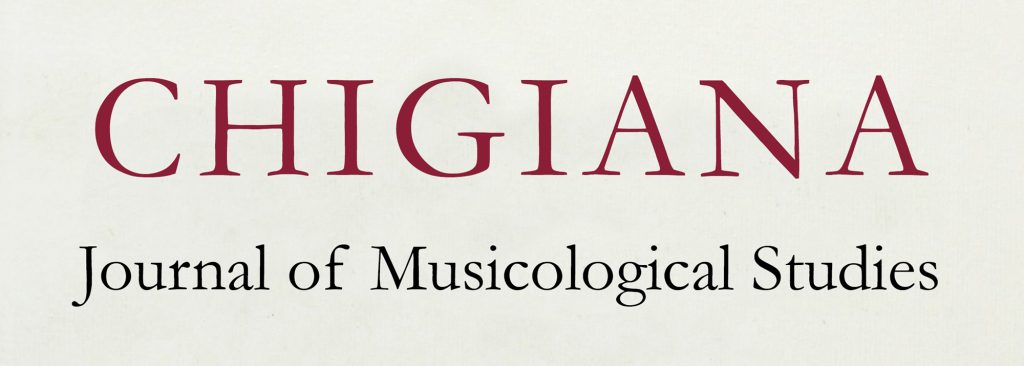
Stefan Gies (Chief Executive Associazione dei Conservatori Europei)
New frontiers: teaching music, enhancing competencies, fostering art in global higher music education
Key dates in the life of Guido Chigi-Saracini and in the history of the Academia Musicale Chigiane will serve as reference points for a review of the history of musical life and the role and mission of musical education in Europe over the past 125 years. Starting from the period around 1900, when Chigi-Saracini himself studied the violin, the aim is to show how the social role and appreciation of art and music, the idea of the importance of musical education and the institutions of musical education have constantly evolved and changed throughout the 20th century up to the present day. At the same time, this development has been marked by various ruptures, asynchronies and shifting dynamics. Our understanding of concepts such as musical literacy and musical competence, as well as our ideas about the raison d’être and purpose of the promotion of the arts and music education, have also changed and will continue to change.
In the last part of his keynote, Stefan Gies will look at the state of the debate on the future of music education institutions, the future scenarios under discussion and the challenges we may face in a globally interconnected world.
Nuove frontiere: insegnare musica, ampliare le competenze, sostenere l’arte nell’alta formazione musicale globale
Le date chiave nella vita di Guido Chigi-Saracini e nella storia dell’Accademia Musicale Chigiane offrono i punti di riferimento per ripercorrere la storia della vita musicale e il ruolo e il compito dell’educazione musicale in Europa negli ultimi 125 anni. Partendo dal periodo intorno al 1900, quando lo stesso Chigi-Saracini studiava il violino, si intende mostrare in che modo lungo il ventesimo secolo e fino ai giorni nostri sia occorsa una costante trasformazione che ha investito lo sviluppo delle istituzioni che si occupano di formazione musicale; il riconoscimento del valore e del ruolo sociale dell’arte e della musica, l’idea dell’importanza dell’educazione musicale.
Allo stesso tempo, questo sviluppo è stato caratterizzato da diverse fratture, asincronie e dinamiche mutevoli. Anche la nostra comprensione di concetti come alfabetizzazione musicale e competenza musicale, così come le nostre idee sulla ragion d’essere e sugli obiettivi della promozione delle arti e dell’educazione musicale, sono cambiate e continueranno a cambiare.
Nell’ultima parte dell’intervento proveremo a fare il punto sul dibattito riguardante il futuro delle istituzioni che si occupano di formazione musicale, sugli scenari futuri al centro della discussione e sulle sfide che potremmo affrontare in un mondo globalmente interconnesso.
